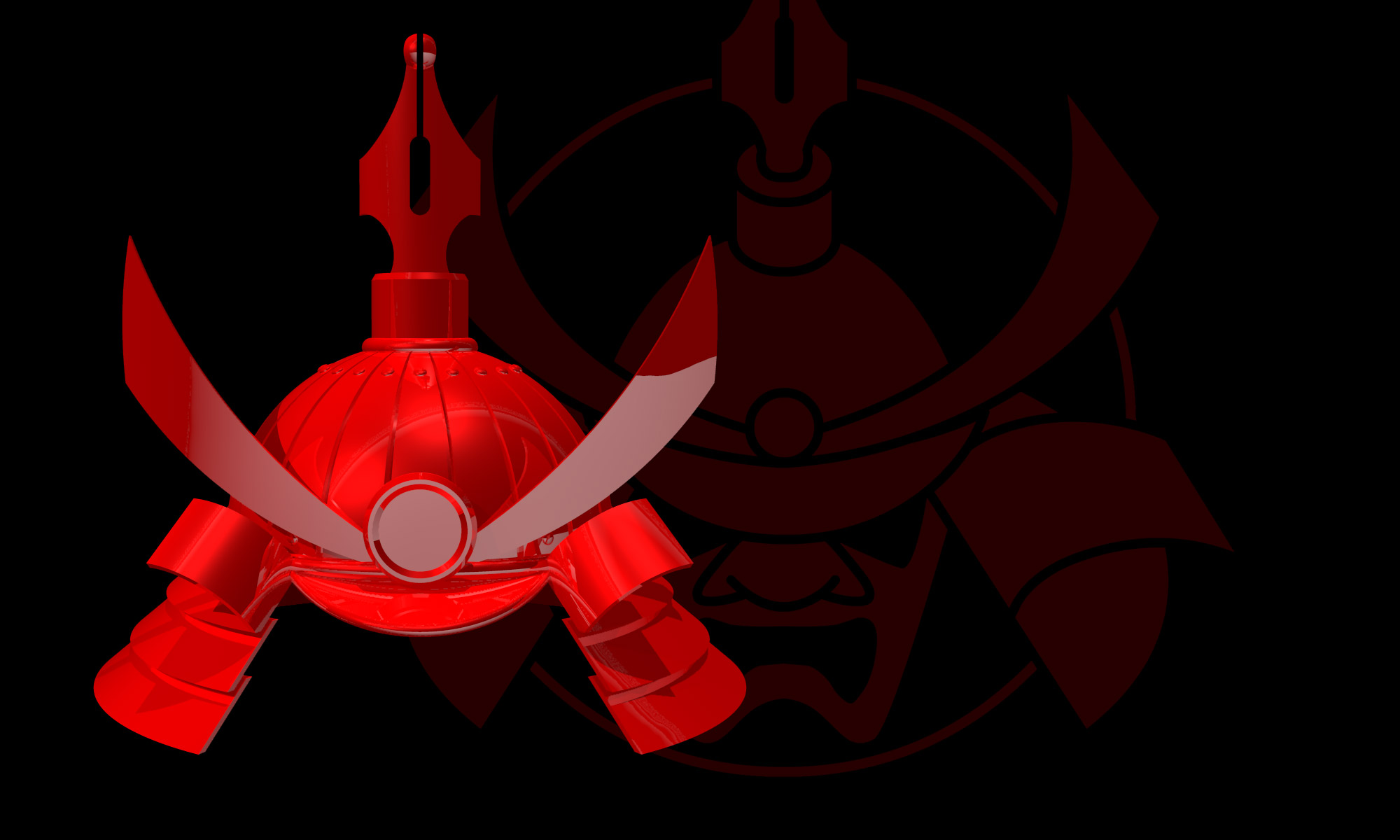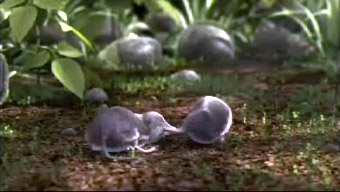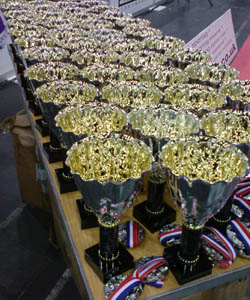At the core of most martial arts is the business of learning, acquiring physical skill. In fact, since most modern practitioners are never going to be in a combat situation where the need for what martial artists love to call "application" arises (despite the fantasy of believing otherwise), I think one of the key justifications for practice is simply to develop your ability to learn any skill. Certainly in aikido, which I practice, this is overtly the case, since a lot of the structure of aikido practice is so abstract. And of course there's nothing unique about the martial arts when it comes to acquiring skill — it's there to the same extent amongst people practicing sport and (in my experience) especially dancers.
In traditional martial arts the process of learning is often very explicit, because you're shown the right form by an instructor demonstrating, which you are then expected to acquire first by extreme amounts of repetition, and later, only when you've absorbed those movements, by self-analysis of them. I don't think you can practice a martial art for a long time — let's say over a decade — without wondering about learning in general and why it can be so difficult. In fact, if you can train for that long and not develop any insight into how you learn, then you're probably practicing something that is too easy. That might be good if the skill itself is your end-point, but it's no good for developing learning skills, which is possibly one of the most beneficial and transferable side-effects of all that time spent training. Of course, your mileage may vary, and maybe you just like training because hitting other people makes you feel good about yourself.
The process of learning something which looks simple and turns out to be a bit trickier as soon as you try to do it really well is made very clear by good jugglers. I'm lucky to have met some fairly serious jugglers (Eric at Flaming Sparrow, and Charlie Brown whom I met in his kitchen). On the TED site they've just released a presentation (recorded in 2002) given by one of greatest jugglers in the word — Michael Moschen — in which he confronts this directly.
Make yourself a cup of tea because it runs fo 40 minutes (that's over twice as long as a normal TED talk) but there is some insightful stuff in there about learning.
Here's what he says, in passing, about watching and learning. Of course, with a "regular" instructor things are a little different, but specifically this applies to when you are watching a master from whom you are supposed to learn, and (in my personal experience) this is how things are.
"A moment of learning, a moment of challenge. It's a moment that you can't make sense of —
"why the hell should I learn this? Does it really have anything to do with anything in my life? You know, I can't decipher is it fun, is it challenging… Am I supposed to cheat?"
You know? What are you supposed to do? You've got somebody up here who's the operative principle of doing that for his whole life, OK? Trying to figure that stuff out . But is it going to get you anywhere? It's just a moment, that's all it is, just a moment OK?"
And later…
"As your skill increases, you learn to find those tinier spaces, those tinier movements…"
Anyone who's practiced aikido for a while will have heard that before.
So, anyway, here's the presentation:
http://www.ted.com/index.php/talks/view/id/260
If that's too academic for you, that's OK: enjoy the Raspyni Brothers juggling for the sheer joy of it instead (also at TED).
Oh yes, the other thing there: Moschen really is one of the true juggling masters, and yet, yes, he still drops things. As the Japanese say, Saru mo kikaraochiru!
Great trivia fact: if you've seen Labyrinth, those were actually Moschen's hands sticking out from under David Bowie's armpits when the Goblin King is "contact juggling" his crystal balls.







